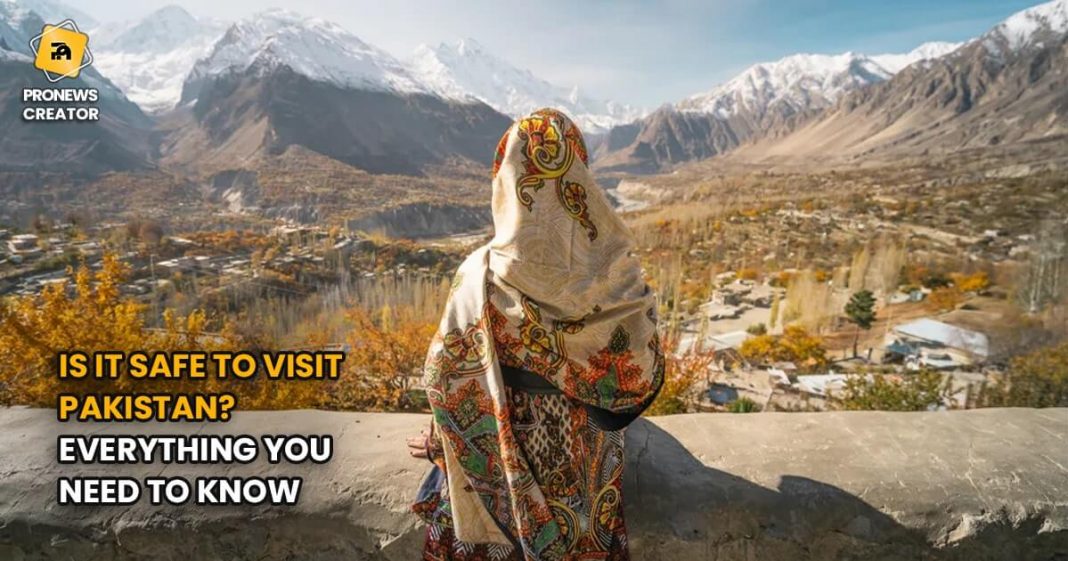Pakistan is a vast country with numerous regions, ethnicities, and sub-cultures.
You want to visit Pakistan, but you’re not sure whether it’s safe.
Is it safe to visit Pakistan?
To be honest, relatively few people know this country’s potential.
Regarding travel in Pakistan
After over a year of direct experience, here’s my response with safety recommendations for travelling in Pakistan and more.
I’ll show you what the situation is now for travellers travelling to Pakistan, including which locations are secure and why, as well as a handful of added advice that should help you stay safe during your visit.
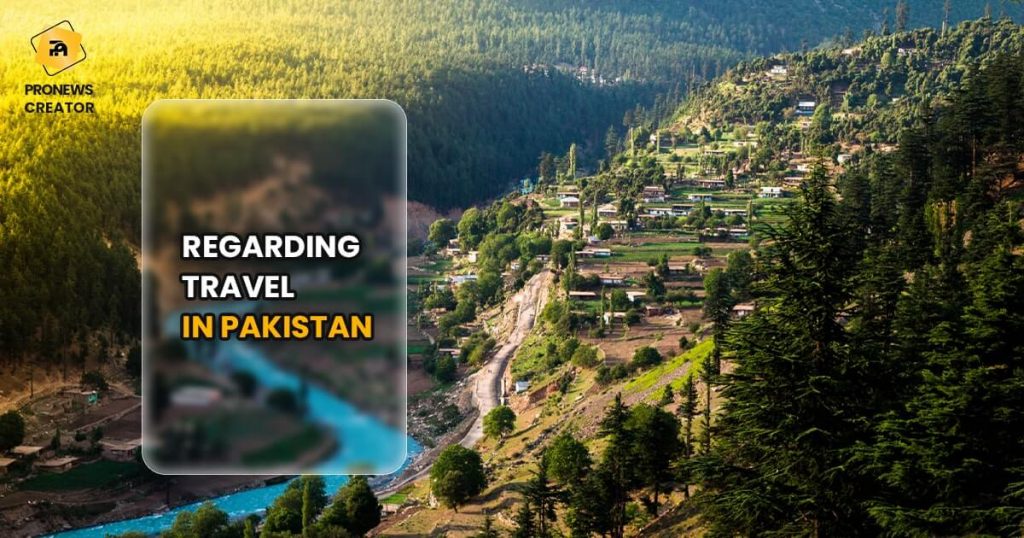
Is it safe to travel to Pakistan?
According to the latest reports, tourism in Pakistan has climbed by 317% since 2014 an easy figure to believe given the vast number of travel influencers and content developers who have recently promoted tourism in Pakistan.
As a result, and predictably, the internet is flooded with many opinions about travelling in Pakistan. Pakistan is one of the world’s safest countries.
Unexpected events like vehicle accidents, kidnappings, and terrorist attacks are common.
When you felt comfortable, no matter where you were, arguing that you were safe just because nothing happened is foolish.
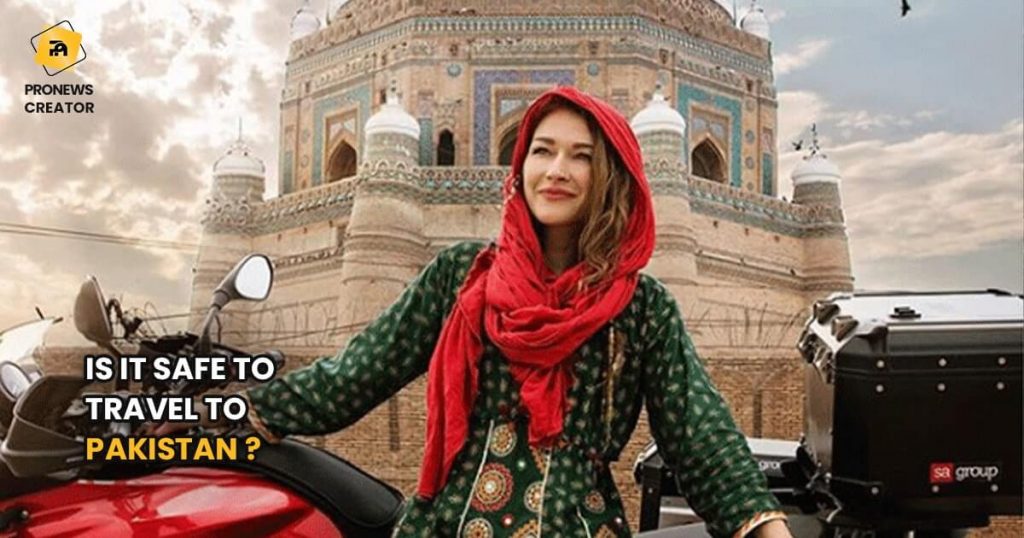
Where in Pakistan are the safest places to visit?
Of course, no place is safe, but some areas in Pakistan are more tranquil than others!
1. Lahore
My favourite city in Pakistan is also safe for visitors. People in Lahore are used to seeing international tourists, especially in historical sites, and it is well-managed in terms of security. Lahore is a pleasant addition to every vacation.
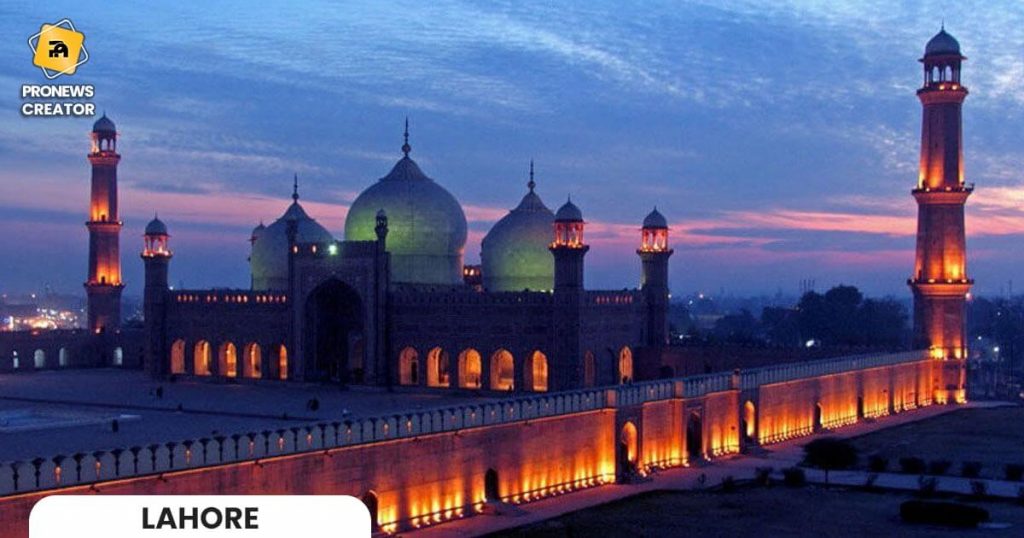
2. Gilgit Baltistan, Hunza
Most visitors who visit Pakistan wish to see Hunza at some point. Gilgit Baltistan is relatively quiet, but Hunza is the place to start if you want the ease of travel, friendly people, and a highly safe track record.
For decades, the most visited location in northern Pakistan has been calm. Most visitors to Hunza have a pleasant and safe stay.
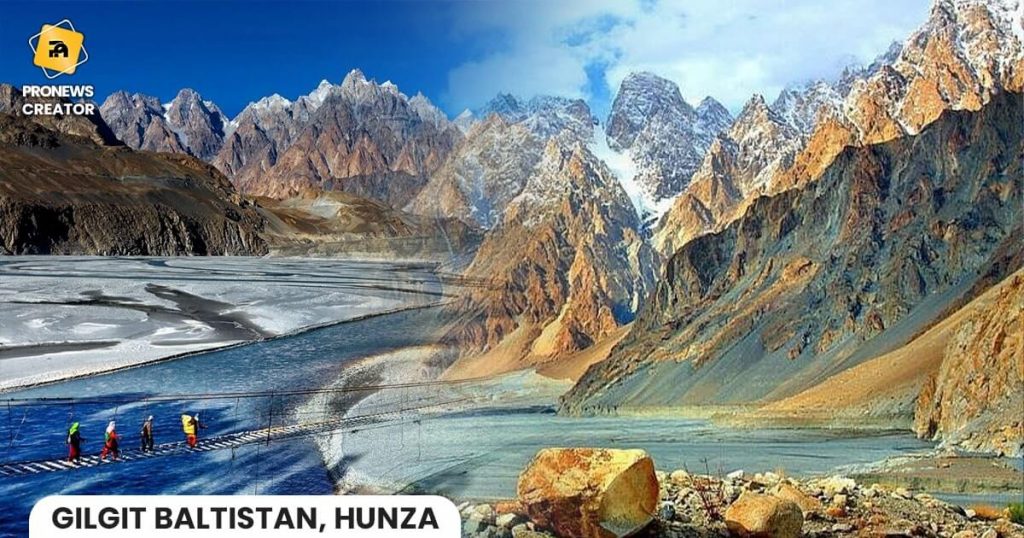
3. Islamabad
Pakistan’s capital is the safest metropolis in the country. It results in a sterile experience (in my opinion), but it’s a safe and forgiving starting point for any Pakistan vacation.
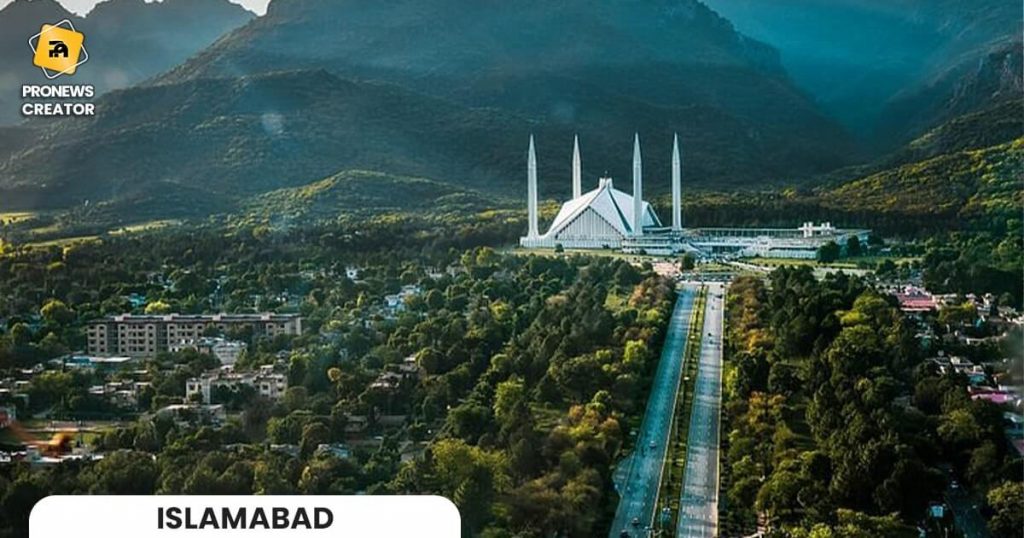
4. Ghizer, Gilgit Baltistan
The Ghizer area to the west of Gilgit city (along the road to Shandur Pass) is quiet, similar to Hunza. It is a very inviting area for travellers, as it is home to generally well-educated and open-minded Ismaili Muslims.
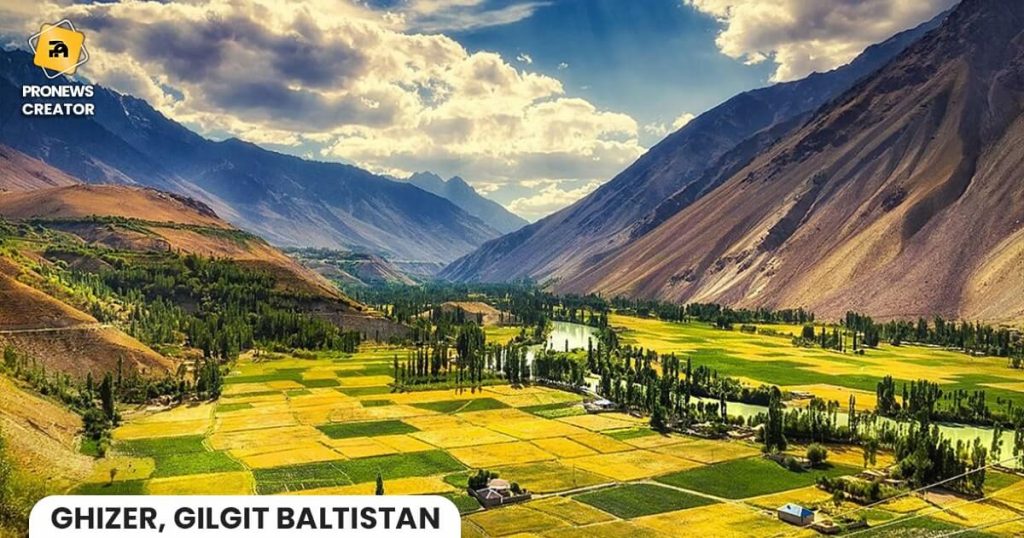
Which areas in Pakistan are not safe to visit?
These are the most dangerous locations in Pakistan, and they make headlines more frequently.
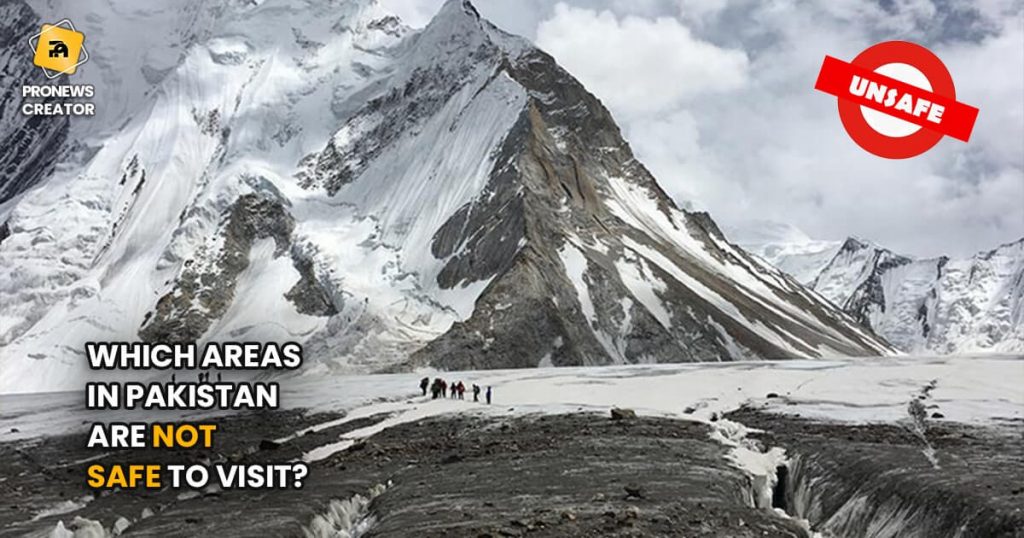
1. Balochistan
The mainly deserted southwestern province of Pakistan, bordering Iran and Afghanistan, is a hazardous and unpredictable region in the country. The main reason is the border with Afghanistan is out of control, allowing the Taliban to pass it.
There is a kidnapping risk in Balochistan, and terrorist strikes are there in Quetta.
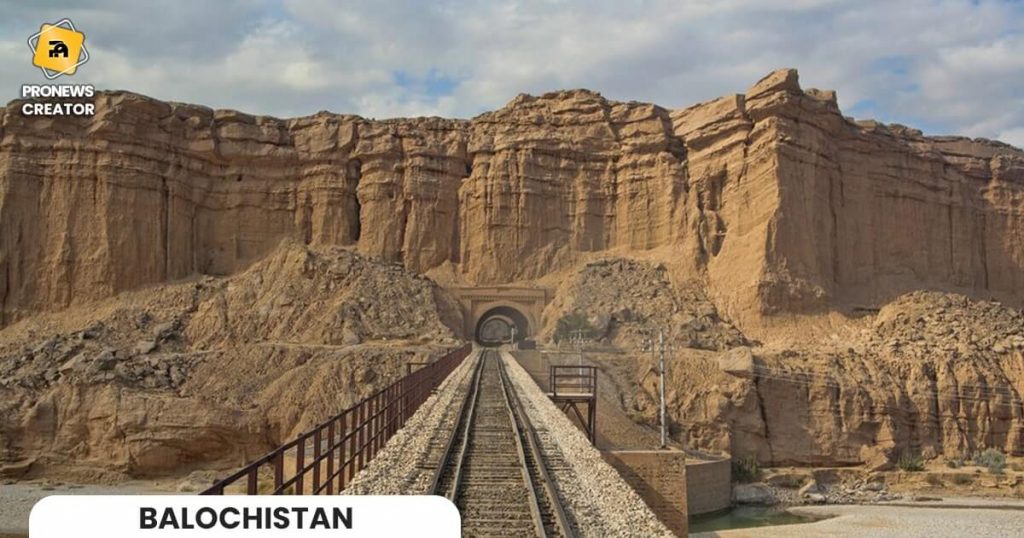
2. Tribal Regions
It is a northwestern Pakistani province that borders Afghanistan and Balochistan.
The Tribal Areas is a semi-autonomous province primarily populated by Pashtuns, an ethnic group with strong fundamentalist Islamic beliefs.
Furthermore, due to its proximity to the Taliban-Afghanistan, the Tribal Areas are dangerous even for Pakistanis.
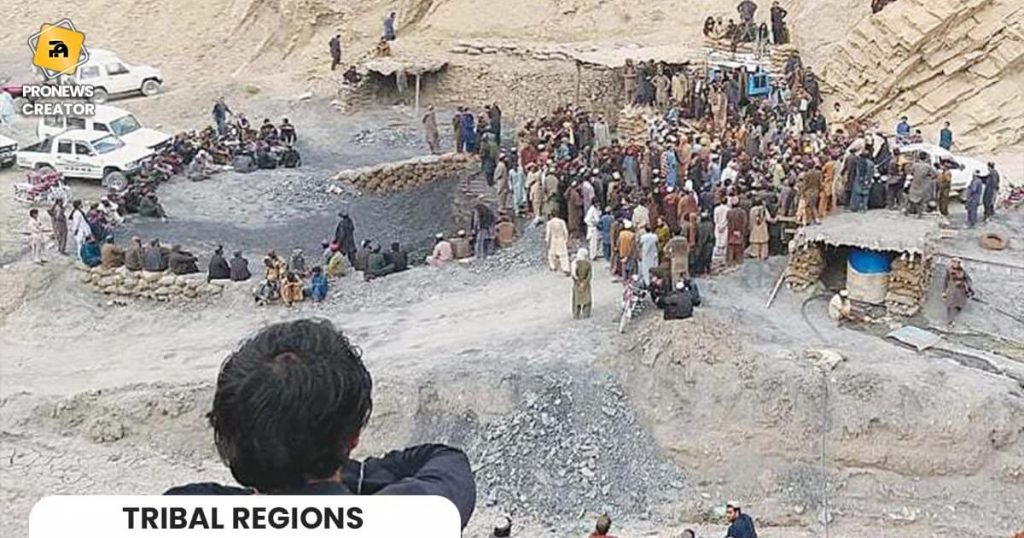
The Health Situation in Pakistan with Tips
Here is the current health situation in Pakistan, with safety tips to overcome these issues.
Pakistan’s COVID-19 situation has improved but still poses a threat. Keep an eye on the news for updates and heed the instructions of local authorities.
Insect-borne diseases such as malaria, dengue fever, Japanese encephalitis, and Crimean-Congo hemorrhagic fever are common.
Take anti-malarial medication if necessary. Make sure your lodging is insect-proof. Apply insect repellant.
HIV/AIDS is common. If you participate in high-risk activities, take precautions.
Polio is an endemic disease. Check that your vaccines are up to date.
There is a high prevalence of waterborne, foodborne, parasitic, and other infectious disorders. Typhoid, hepatitis, TB, and measles are among them. Only drink boiled or bottled water.
Some clinics and hospitals in big cities have facilities comparable to Western norms. Most towns, as well as rural and distant places, have extremely limited medical facilities. If you are critically ill or injured, you may require medical evacuation.
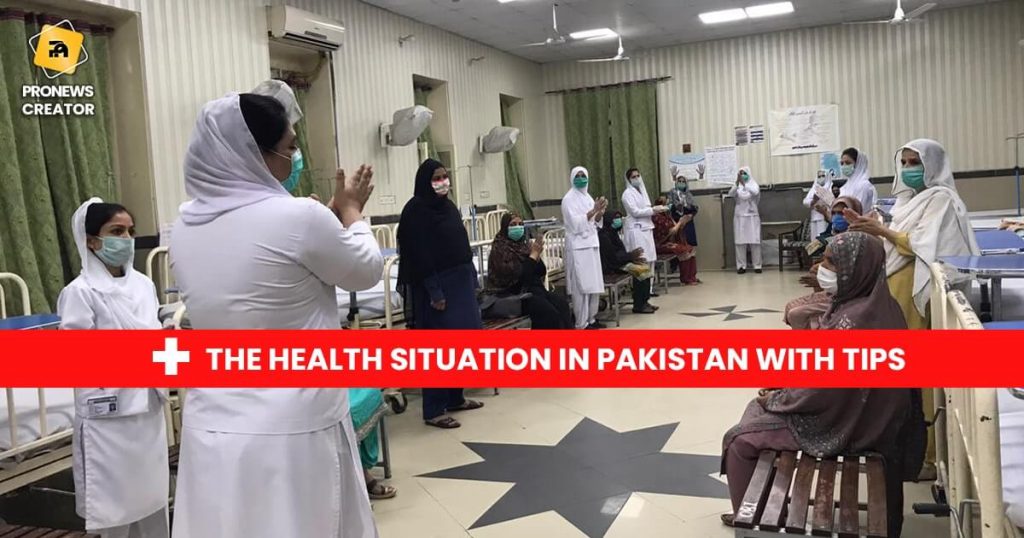
Top Safety Tips for Travel in Pakistan
The thing to remember when travelling in Pakistan is to trust your intuition. In the meanwhile, I recommend the following safety precautions to visitors to Pakistan:
Purchase a Travel Guide
In Pakistan, knowing where you’re going, where foreigners are allowed to stay, and cultural recommendations are especially vital.
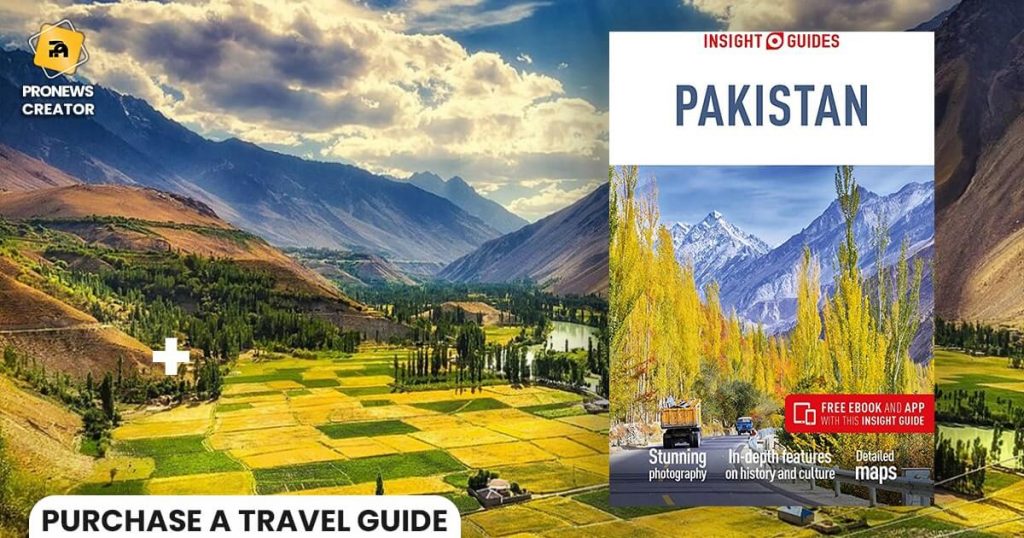
Have a local SIM card and phone number
It may seem strange, but trust me when I say that people would frequently offer you their phone number for assistance. Save some money! They’re handy for translating in critical situations, communicating where you are, and staying in touch with hosts and other helpful people. In Pakistan, Telenor and Zong have the best mobile coverage.

Dress as a local
As I’ve stated on countless occasions, wearing a salwar kameez, the traditional Pakistani garment, is strongly advised, particularly in the KPK province. You won’t draw much notice to yourself this way.
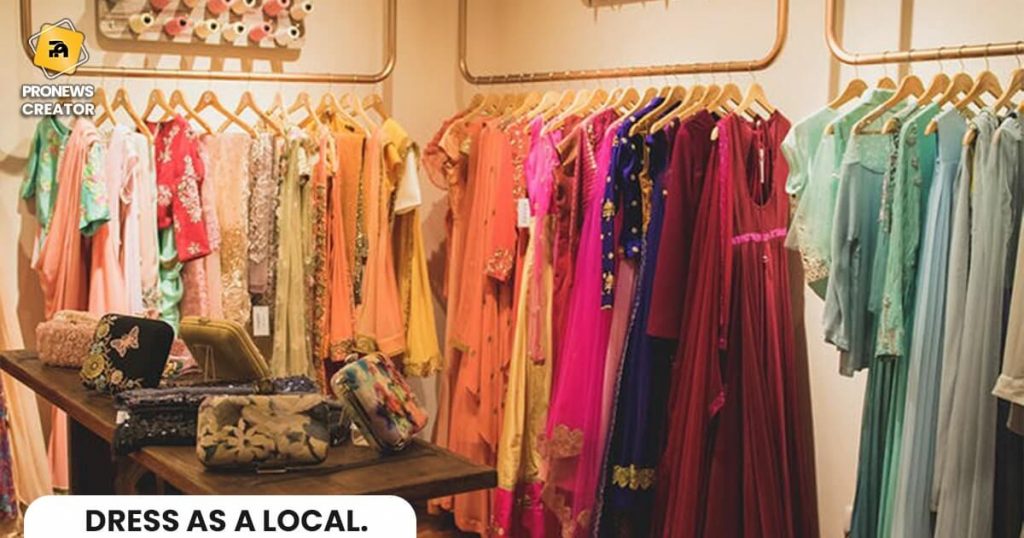
Couchsurfing
Couchsurfing is a big business in Pakistan and a terrific method to meet trustworthy, hospitable folks who would try their hardest to help you on your travels.

Keep an eye out for yourself in large crowds
Crowds can be tricky business from bum grabs to brick chucking to bag stealing. In dense crowds, keep an eye on your belongings—and your parts—just in case.
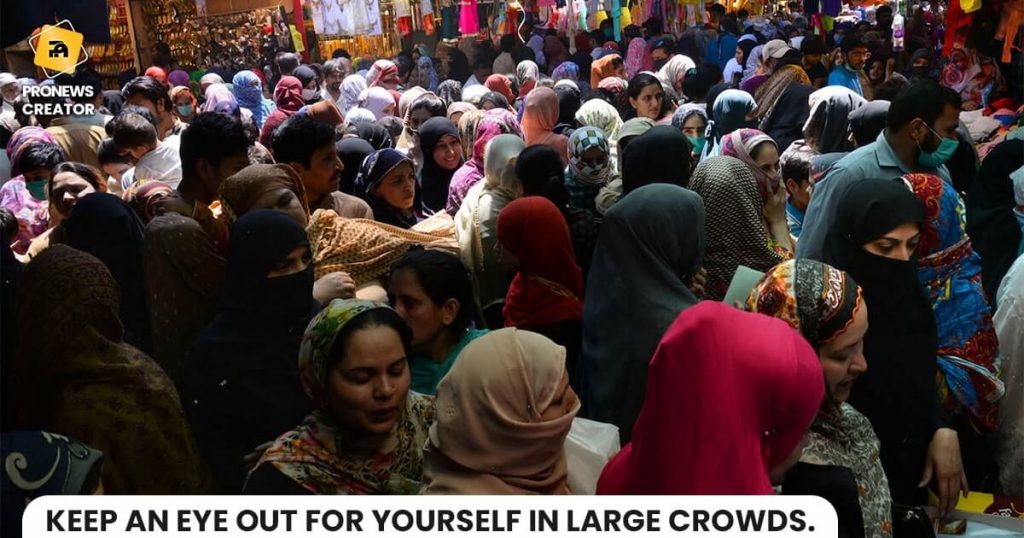
Believe in people
Having faith in the people you encounter is essential for a good time in Pakistan. Most Pakistanis are friendly to foreign visitors and will go out of their way to ensure your visit goes successfully.
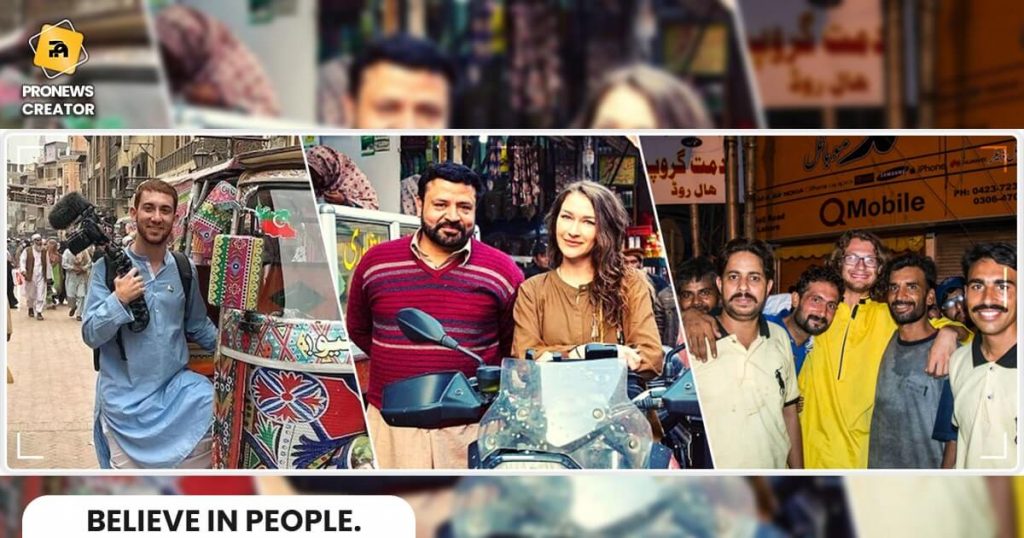
Final words
Is it safe to travel to Pakistan? The response I could offer you is that it depends entirely on where you travel.
Some parts of Pakistan are dangerous for tourists, while others are safe.
There are still security concerns in the country’s more isolated parts. But after years of struggle with violence and terrorism, many sites in Pakistan are now safe for locals and outsiders.
You should study before travelling to the country, just as you would for any other trip.

